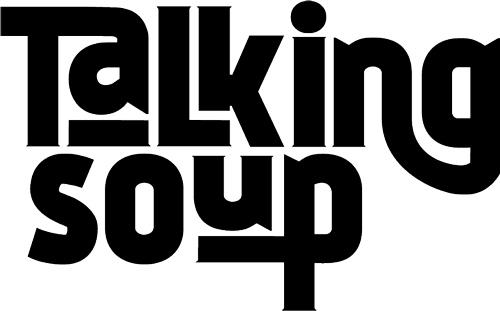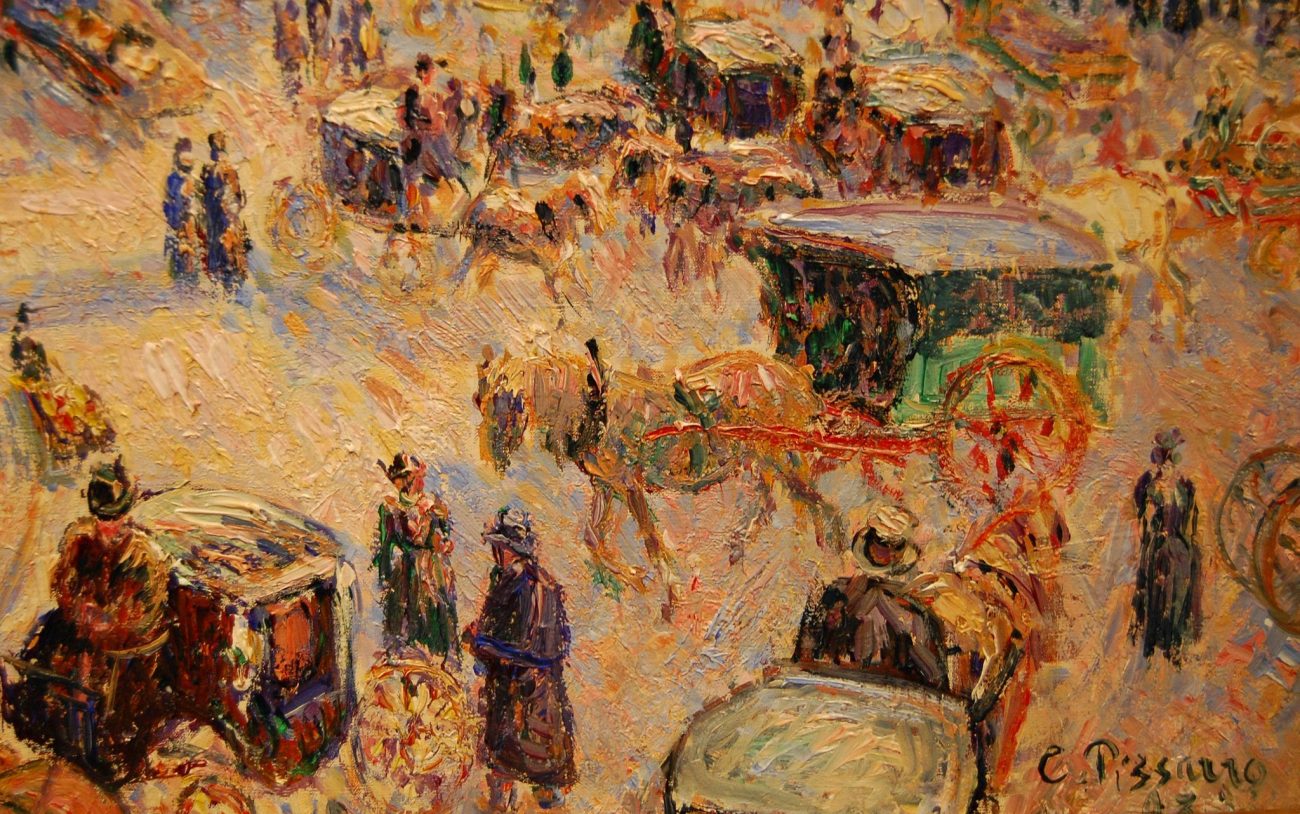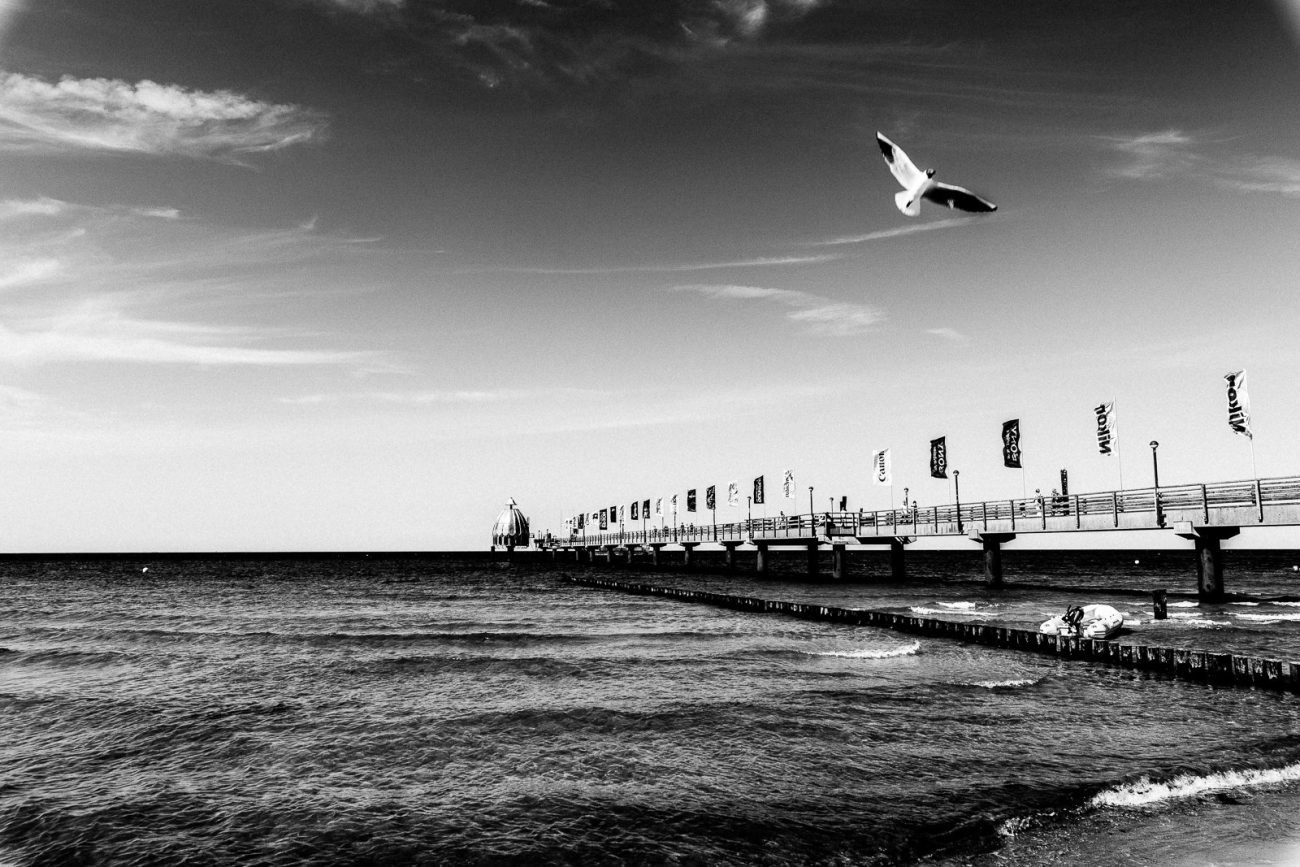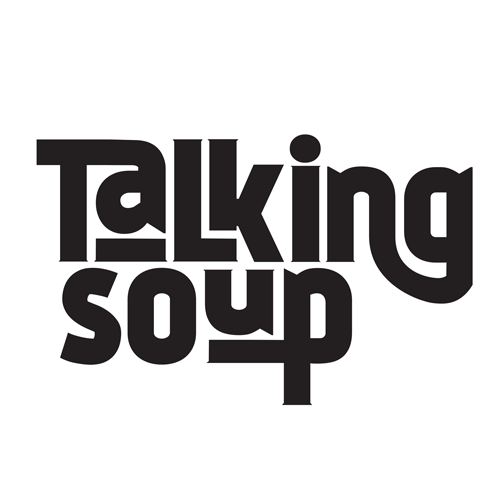Nostalgia can be a risky indulgence. For every warm and fuzzy memory, there’s an intrusive reminder of falling short, truncated relationships, and untethered emotion.
When completing a memoir last year (As Alone As I Want To Be, Adelaide, 2018), I hoped to resist the temptation to languish within the dense forest of what-might-have-been. The process made me realize that there were people who had slipped away and I started to wonder what happened to them.
In our adversarial society where politics seem to triumph over personal connections and even common sense, finding old friends seems almost anachronistic. Historical relationships provides the promise of glue that keeps us joined to our own lives. Connectivity offers hope in an uncertain world.
Some of my current curiosity is likely due to my alarmingly advancing age, reluctantly slipping into my late 70s. Friends and acquaintances around me are dying, increasing my awareness of my own limited shelf life. There’s a lot to be said for tidying up, exploring interpersonal crannies that have lain dormant. With time on my hands between writing projects, I decided to track down a few former beaux and some old friends, made possible thanks to Facebook and the miracle of Google.
I discovered that the boy with whom I shared an on-and-off relationship throughout most of junior high and high school had married quickly after we broke up and became a cop. As we reconnected over dinner in a local restaurant, I searched in vain for the wacky kid who would jump off the garage roof into the pool with a loud Tarzan yell. Instead, he had apparently calcified, spouting overt prejudices and possessing a political religiosity I hadn’t expected.
Then there was the funny, charming boy with whom I wrote a musical comedy revue in high school, “Like Wow!” We developed stage names to go along with our inevitable fame and conspired to meet again in ten years. Sadly, that never happened. When I found him online recently, he was a software consultant with a multinational corporation, his website bathed in technical jargon. I was filled with an unexpected feeling of loss and hoped his career choice matched the passion of his theatrical aspirations.
Contrary to expectation, it was relatively easy to locate some of my female friends, even with their married names, some appended more than once.
Jacquie, about whom I had written in the memoir, married young, had three boys, and lives in a small town. We used to trade bets on who would marry first but I always knew it would be her. She had no discernible aspirations beyond marriage and family, and, unlike me, no fantasies about a career. We communicate on our birthdays, always with warmth, accompanied by tacit acceptance of our different choices.
Sally and I had met in high school and continued our friendship until shortly after college. We had many wonderful, deep conversations that can easily happen at that age. During my search, I learned that she had rediscovered her Jewish identity, now a focal point of her life. Retired from a prestigious position in the social work community, Sally continues a life full of intellectual curiosity, social gregariousness and generosity. I’m happy we’re still in touch, if only intermittently.
Other searches were less successful, for diverse reasons. I found a college roommate by checking the obituaries for her family of origin. Naomi and I had lived together (with four others, including Sally) during my senior year at Cal. I messaged her on Facebook and eagerly awaited a response. What came back floored me.
“You’re who?” she responded. She mentioned two of our roommates whom she had remembered, “but not you.”
I can easily blend into the wallpaper when I choose but that year in college was anything but low key. I would routinely lie on the floor in the living room and belt out tunes, along with the latest Broadway cast album. Life in the mid-1960s was full of chaos, both in the apartment and in the zeitgeist. We had shared confidences and anxiety.
Her next communique surprised me even more.
“So what have you been doing for the last 50 years?”
Still stunned and a little hurt, I couldn’t help myself.
“Since you don’t know who I am, it seems pointless to share information.” I wished her well and deleted her account. How could she not remember me? Maybe she had been kidnapped by aliens who deleted her memory bank. Or perhaps she was in a cataclysmic car wreck that caused massive brain damage. It hurt my historical self to be dismissed so easily. At least, I had found her.

In my futile attempts to be more social in high school, I had joined a YWCA (“Tri-Y”) social club called—without irony—the Harlequins. I gravitated toward two of the quieter girls, Carole and Shirley. We didn’t see each other much outside the meetings and didn’t stay in touch after graduation. I assumed they opted out of going to college and got married, which is what many girls did back then.
University High School was one of the biggest in the Los Angeles school district. Our graduation class was nearly a thousand. Because of the social heterogeneity and the very nature of suburban Los Angeles, friends easily slipped away if interests weren’t actively shared.
During high school, Carole lived with her mother in a tiny rented house underneath the Santa Monica freeway. She had a clipped British accent, sweet and shy, and maintained an intractable crush on (then) actor Ronald Reagan. To surprise her, I had located an autographed photo and gleefully presented it to her. I felt protective and suspected she might have struggled in school. Though we gathered for club meetings in each other’s homes, we never met at Carole’s house. It could have been embarrassing for her, since several of the girls lived in upscale homes by comparison. After much digging in the usual high school alumni sites, her name came up with a different last name. On Facebook, there’s a fuzzy photo of someone who could be her, but it’s hard to tell. After all, it has been 60 years since we saw each other. Many of her Facebook Friends are from the UK, so I took the chance and messaged her. Her last post was several years back, so she may never see it. All I know is that she’s married and lives in Florida. Maybe. If it’s her.
My next Harlequin quarry has been even more elusive. Shirley was less reserved than Carole, always smiling and cheerful—a great audience for my irreverent comments and uninhibited teenage antics. She was overweight at a time when few of us were and even then, I wondered if that wasn’t a compensatory mechanism for other issues. Carole and Shirley hung out together during Harlequin doings. I found Shirley through county marriage records but could not find a listing for her anywhere else. Her husband is on Facebook, now married to someone else, and living in Texas. Even if they divorced, why can’t I find Shirley? Is she dead? She wouldn’t be the first friend who died before my search came to fruition.
A few years earlier, I had tried to locate Ruth, a grammar school playmate and an avid rival on the four-square court. She planned a surprise party for me when we were 12, to comfort and support me after my beloved grandmother’s death. I was curious about who she had become as an adult, with that competitiveness and precocious empathy. After months of sleuthing, I found her married name, attached to an address in a small town in Texas. Her son sent me a gentle email, saying that Ruth had died the previous year of cancer. We emailed a couple more times and I took great pleasure in answering his questions about what his mother had been like as a young girl. It left me regretful that I had not started the search earlier. Tick, tick, tick.
With the days growing shorter, finding old friends assumes new urgency. The people I sought were important during my formative years, each serving up clues to the establishment of the complex process of identity formation. It remains a seductive search, its call persistent. In looking for them, it’s no secret that I am also in pursuit of myself.
Cover image courtesy of JR P via Flickr.
Read more of Pam’s work here.
Pam Munter has authored several books including When Teens Were Keen: Freddie Stewart and The Teen Agers of Monogram, Almost Famous, and As Alone As I Want To Be. She’s a former clinical psychologist, performer and film historian. Her essays, book reviews and short stories have appeared in more than 150 publications. Her play, “Life Without” was nominated for Outstanding Original Writing by the Desert Theatre League and she has been nominated for a Pushcart Prize. Pam has an MFA in Creative Writing and Writing for the Performing Arts, her sixth college degree. Fading Fame: Women of a Certain Age in Hollywood is scheduled for publication in early 2021.








